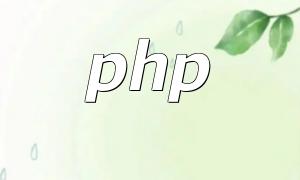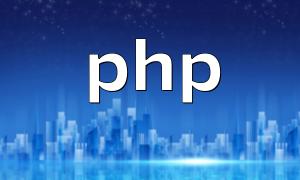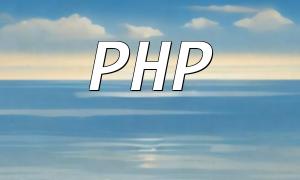PHP is a popular server-side scripting language, known for its flexibility and ease of use. Whether for small websites or large applications, PHP offers numerous advantages that allow developers to efficiently build feature-rich web applications.
PHP is open-source and free to use, allowing developers to freely use, modify, and distribute code without any licensing fees. This significantly reduces development costs and encourages continuous improvement and innovation within the community.
PHP runs on multiple operating systems, including Windows, Linux, macOS, and Unix. Developers can easily deploy applications across different environments, increasing flexibility and efficiency.
PHP has a simple and intuitive syntax. Developers with a background in C or other programming languages can quickly get started. This allows beginners to quickly master the basics and start working on real projects.
PHP has a large and active developer community. Extensive documentation, tutorials, forums, and support groups help developers solve problems quickly and improve learning and development efficiency.
PHP supports various extensions and frameworks, allowing applications to be easily scaled according to needs. Developers can integrate third-party libraries to implement complex business logic efficiently.
PHP is highly efficient and can handle a large number of concurrent requests. Running on the optimized Zend Engine, it ensures fast code execution and stable system performance.
PHP provides robust security features, including form validation, session management, and data encryption, helping developers build secure web applications and prevent common vulnerabilities.
PHP supports multiple database systems, such as MySQL, PostgreSQL, Oracle, and MongoDB, making it easy for developers to manage and manipulate data for dynamic website functionality.
PHP is the foundation for many popular CMS platforms like WordPress and Drupal. Developers can quickly create and manage dynamic websites, improving development efficiency.
PHP supports object-oriented programming (OOP), allowing developers to structure code using classes and objects, improving reusability and maintainability, which is especially useful for large projects.
In summary, PHP is a preferred choice for web application development due to its open-source nature, cross-platform support, high performance, strong security, active community, and object-oriented programming features, making it ideal for developers building modern web solutions.









